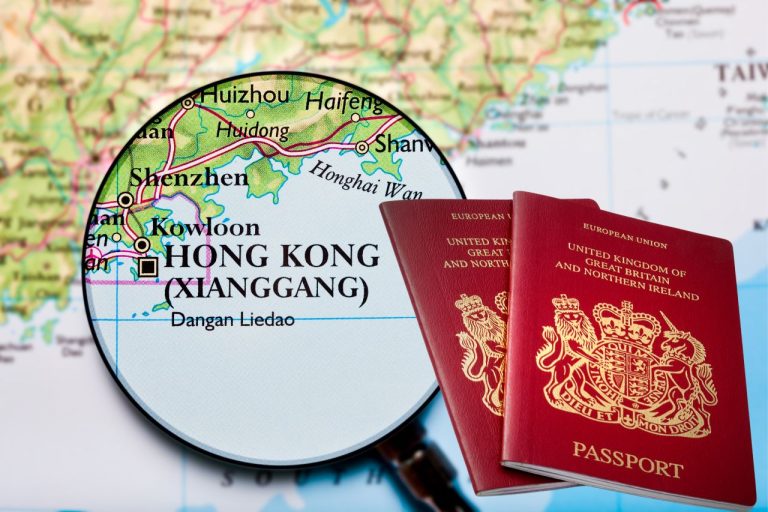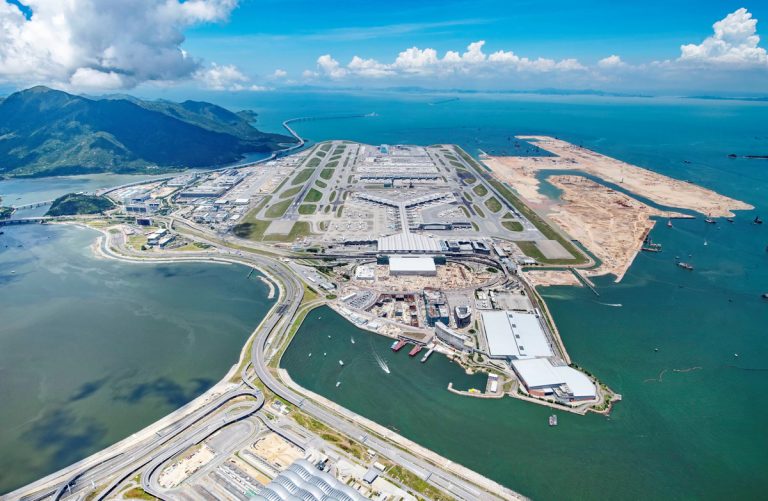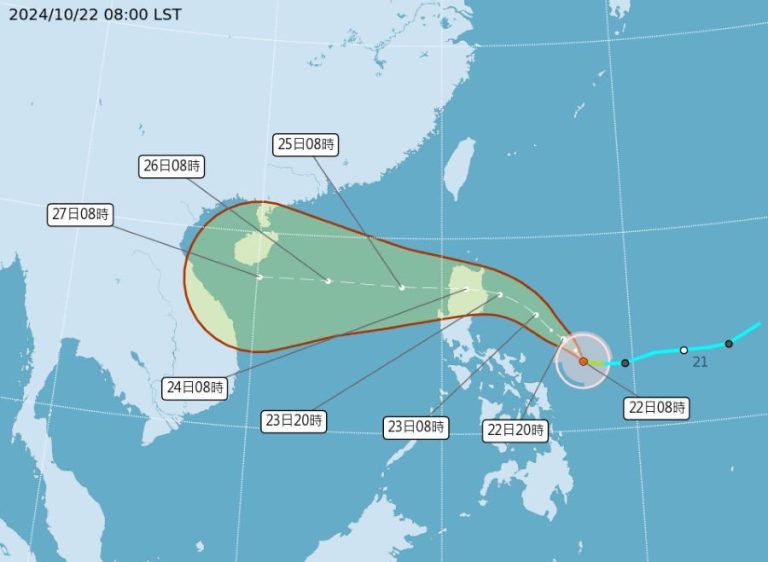The landscape of immigration for Hong Kong residents in the United Kingdom is experiencing unprecedented turbulence, with recent political developments casting long shadows of uncertainty over the futures of British National (Overseas) [BN(O)] visa holders.
At the heart of this unfolding narrative is a complex interplay of political rhetoric, historical precedent, and potential legislative changes that could dramatically reshape the immigration prospects for thousands of Hong Kong migrants who sought refuge in the UK. Former Hong Kong Chief Executive Leung Chun-ying has emerged as a key voice highlighting the precarious nature of current immigration promises.
Leung’s critical perspective draws attention to a fundamental principle of British parliamentary sovereignty: no previous legislative body can permanently bind future parliaments. He pointedly references historical precedents from the late 1970s and early 1980s, when the UK progressively restricted the right of abode for approximately 2.6 million Hong Kong residents holding British nationality. The Hong Kong (British Nationality) Order 1986 stands as a stark reminder of how quickly immigration rights can be modified.
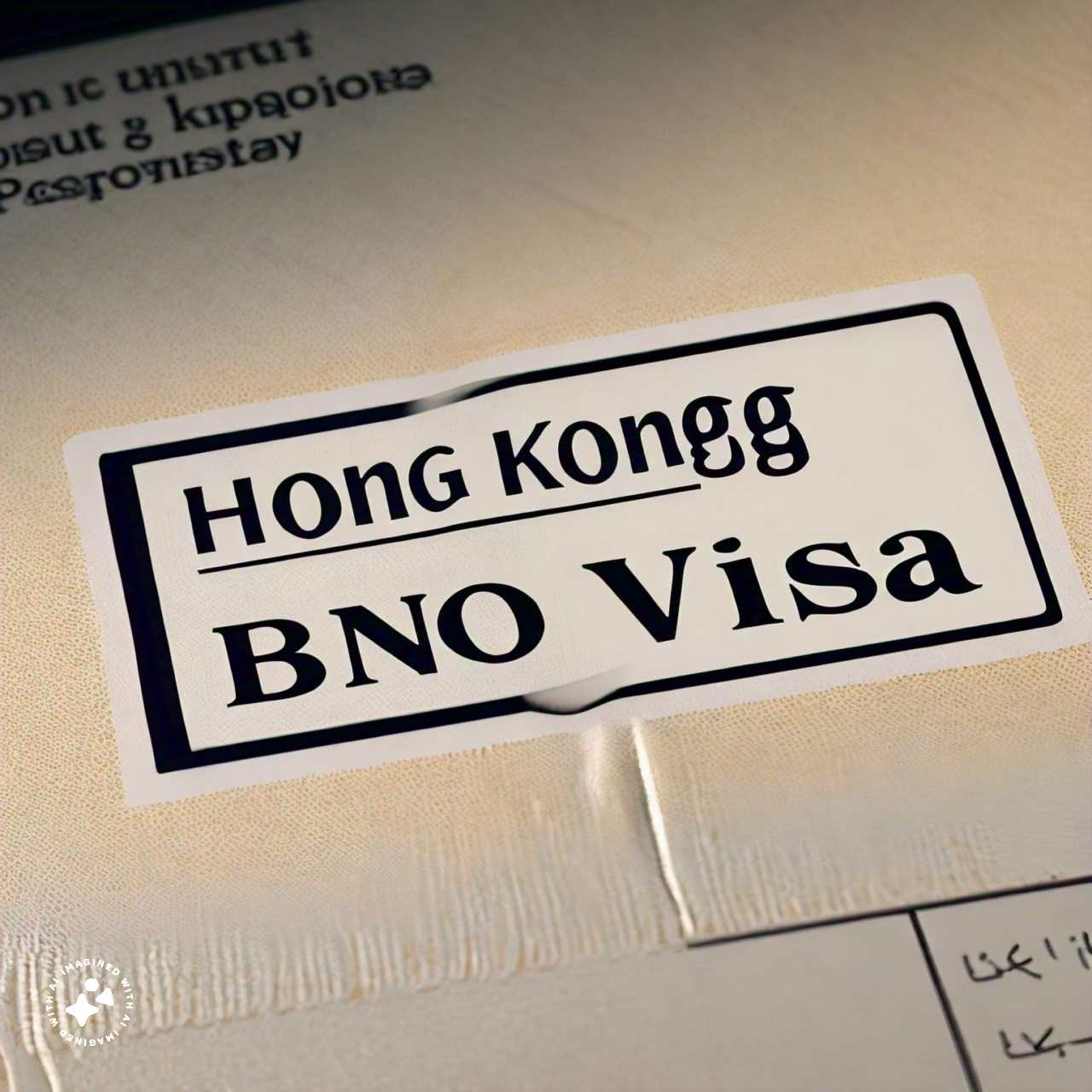
The current political landscape adds further complexity to the situation. The right-wing Reform UK party, led by Nigel Farage, has proposed radical changes to immigration policy that could fundamentally alter the path to settlement for BN(O) visa holders. Their controversial proposal would replace the existing Indefinite Leave to Remain (ILR) system with a model requiring visa renewals every five years, effectively eliminating the current route to permanent residency.
Reform UK argues that such changes could generate substantial savings for the UK Treasury, estimating potential reductions of up to 230 billion pounds. However, these proposed reforms represent a significant departure from the 2021 BN(O) visa program, which originally promised eligible applicants and their dependents a clear pathway to citizenship after five years of residence, plus an additional year for naturalization.

The Labour government under Prime Minister Keir Starmer is also signaling potential shifts in immigration policy. Discussions are emerging about extending the general settlement requirement from five to ten years, which would create additional barriers for migrants seeking long-term stability in the UK.
These developments create a profound sense of uncertainty for Hong Kong migrants who relocated to the UK seeking security and a definitive path to citizenship. The fundamental promise that initially attracted many BN(O) visa holders – a stable and predictable immigration process – now appears increasingly fragile.
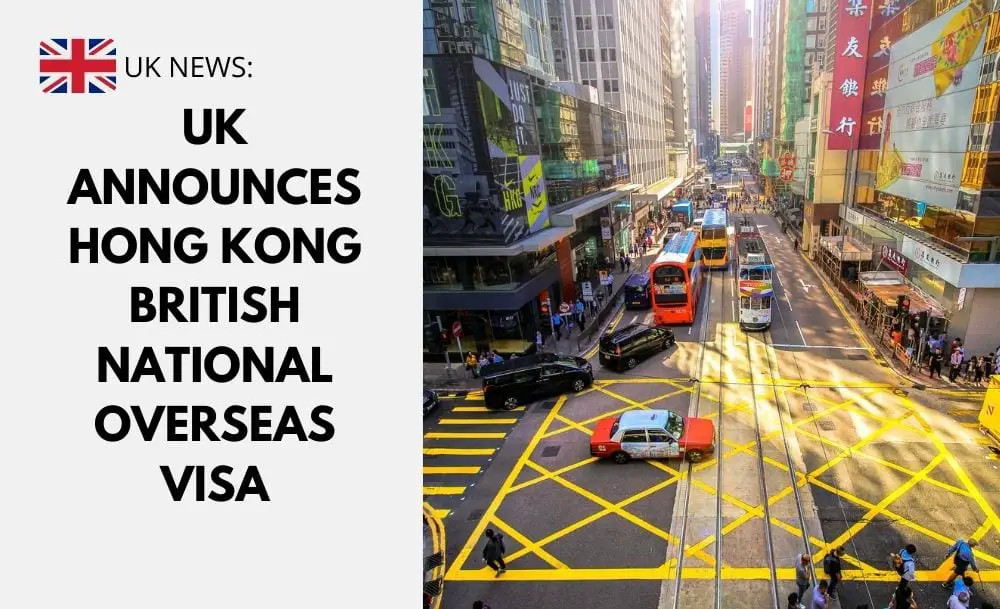
Leung’s warnings serve as a critical reminder that immigration policies are inherently dynamic, subject to the changing political winds and parliamentary discretion. The principle that “no law passed by one Parliament can bind a future Parliament” underscores the potential for unexpected policy reversals.
For BN(O) visa holders, these emerging scenarios represent more than abstract political discussions. They touch on deeply personal questions of belonging, security, and future planning. The potential for legislative changes means that individuals and families who made significant life decisions based on current immigration rules may now face unexpected challenges.
As the political landscape continues to evolve, BN(O) visa holders are left navigating a complex and uncertain terrain. The coming months and years will likely reveal how these proposed changes might reshape the immigration experience for thousands of Hong Kong residents who sought a new home in the United Kingdom.


